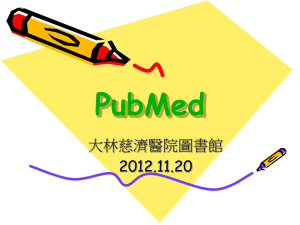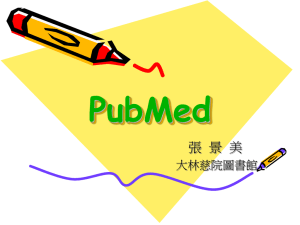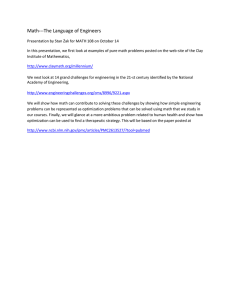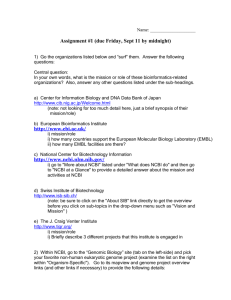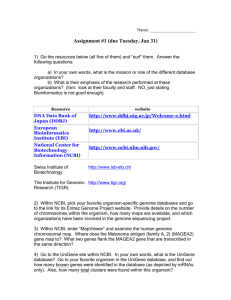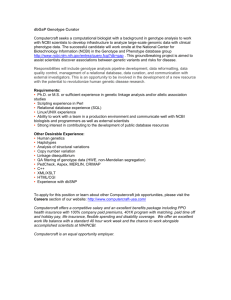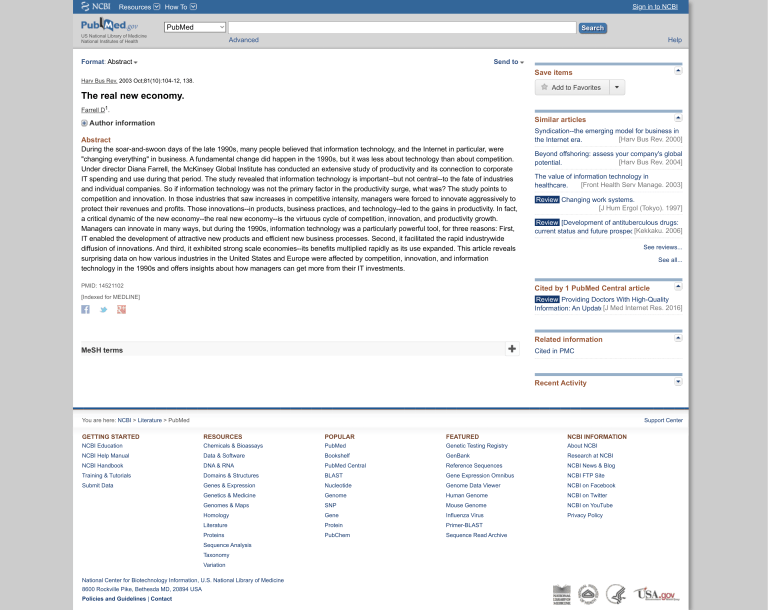
Resources Sign in to NCBI How To PubMed Search US National Library of Medicine National Institutes of Health Advanced Help Format: Abstract Send to Save items Harv Bus Rev. 2003 Oct;81(10):104-12, 138. Add to Favorites The real new economy. Farrell D1. Similar articles Author information Abstract During the soar-and-swoon days of the late 1990s, many people believed that information technology, and the Internet in particular, were "changing everything" in business. A fundamental change did happen in the 1990s, but it was less about technology than about competition. Under director Diana Farrell, the McKinsey Global Institute has conducted an extensive study of productivity and its connection to corporate IT spending and use during that period. The study revealed that information technology is important--but not central--to the fate of industries and individual companies. So if information technology was not the primary factor in the productivity surge, what was? The study points to competition and innovation. In those industries that saw increases in competitive intensity, managers were forced to innovate aggressively to protect their revenues and profits. Those innovations--in products, business practices, and technology--led to the gains in productivity. In fact, a critical dynamic of the new economy--the real new economy--is the virtuous cycle of competition, innovation, and productivity growth. Managers can innovate in many ways, but during the 1990s, information technology was a particularly powerful tool, for three reasons: First, IT enabled the development of attractive new products and efficient new business processes. Second, it facilitated the rapid industrywide diffusion of innovations. And third, it exhibited strong scale economies--its benefits multiplied rapidly as its use expanded. This article reveals surprising data on how various industries in the United States and Europe were affected by competition, innovation, and information technology in the 1990s and offers insights about how managers can get more from their IT investments. Syndication--the emerging model for business in [Harv Bus Rev. 2000] the Internet era. Beyond offshoring: assess your company's global [Harv Bus Rev. 2004] potential. The value of information technology in [Front Health Serv Manage. 2003] healthcare. Review Changing work systems. [J Hum Ergol (Tokyo). 1997] Review [Development of antituberculous drugs: [Kekkaku. 2006] current status and future prospects]. See reviews... See all... PMID: 14521102 Cited by 1 PubMed Central article [Indexed for MEDLINE] Review Providing Doctors With High-Quality [J Evaluation Med Internet Information: An Updated of Res. Web-2016] Related information MeSH terms Cited in PMC Recent Activity You are here: NCBI > Literature > PubMed Support Center GETTING STARTED RESOURCES POPULAR FEATURED NCBI INFORMATION NCBI Education Chemicals & Bioassays PubMed Genetic Testing Registry About NCBI NCBI Help Manual Data & Software Bookshelf GenBank Research at NCBI NCBI Handbook DNA & RNA PubMed Central Reference Sequences NCBI News & Blog Training & Tutorials Domains & Structures BLAST Gene Expression Omnibus NCBI FTP Site Submit Data Genes & Expression Nucleotide Genome Data Viewer NCBI on Facebook Genetics & Medicine Genome Human Genome NCBI on Twitter Genomes & Maps SNP Mouse Genome NCBI on YouTube Homology Gene Influenza Virus Privacy Policy Literature Protein Primer-BLAST Proteins PubChem Sequence Read Archive Sequence Analysis Taxonomy Variation National Center for Biotechnology Information, U.S. National Library of Medicine 8600 Rockville Pike, Bethesda MD, 20894 USA Policies and Guidelines | Contact
